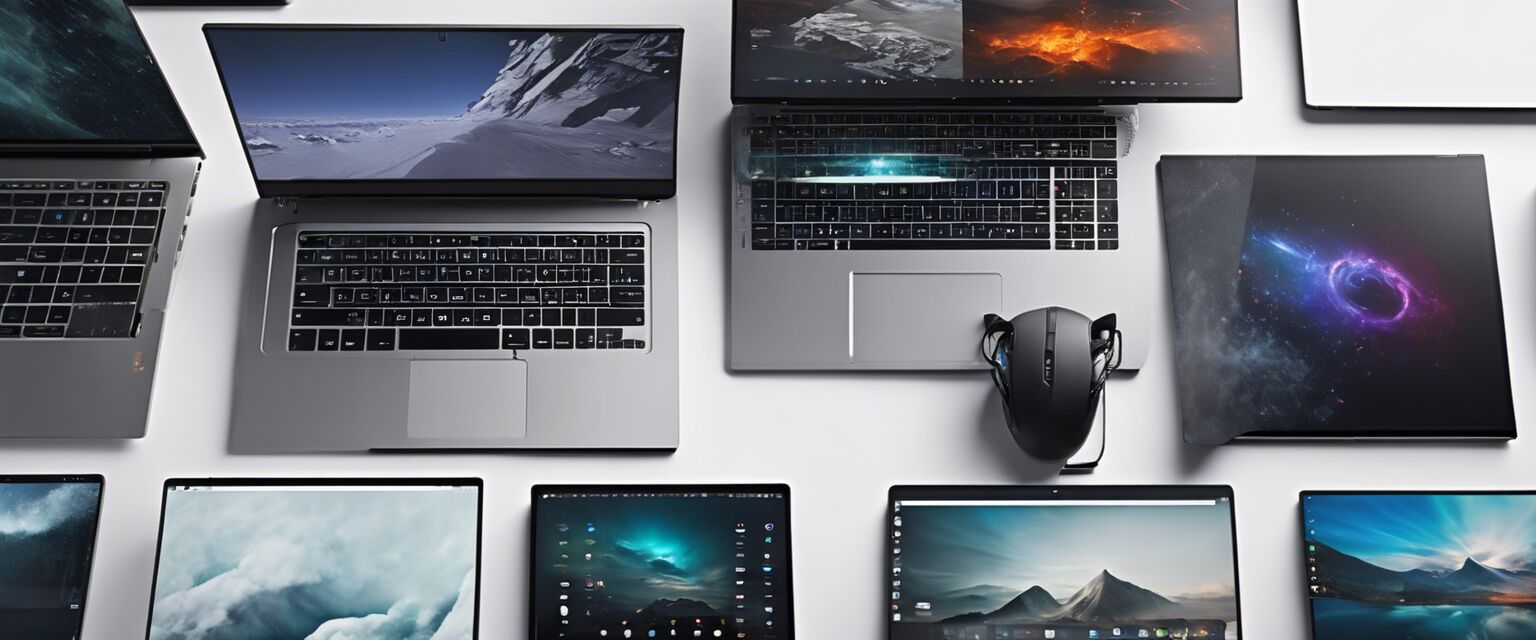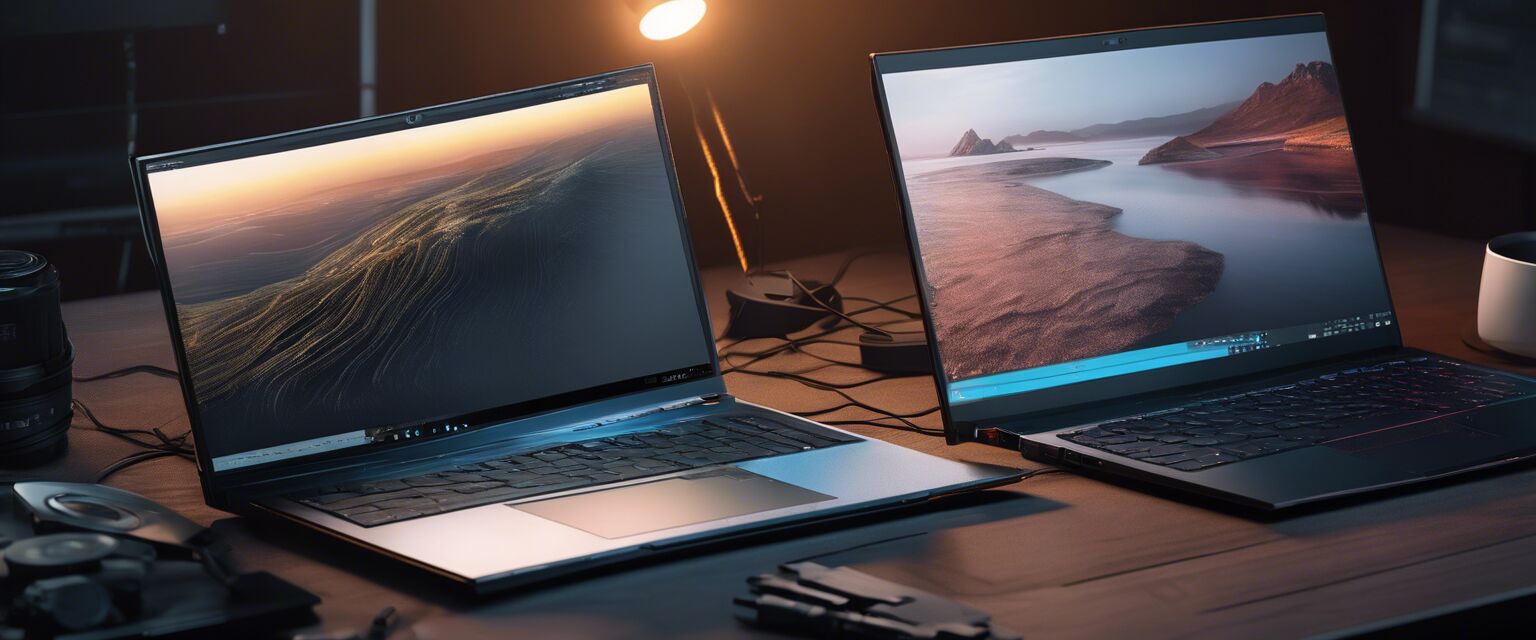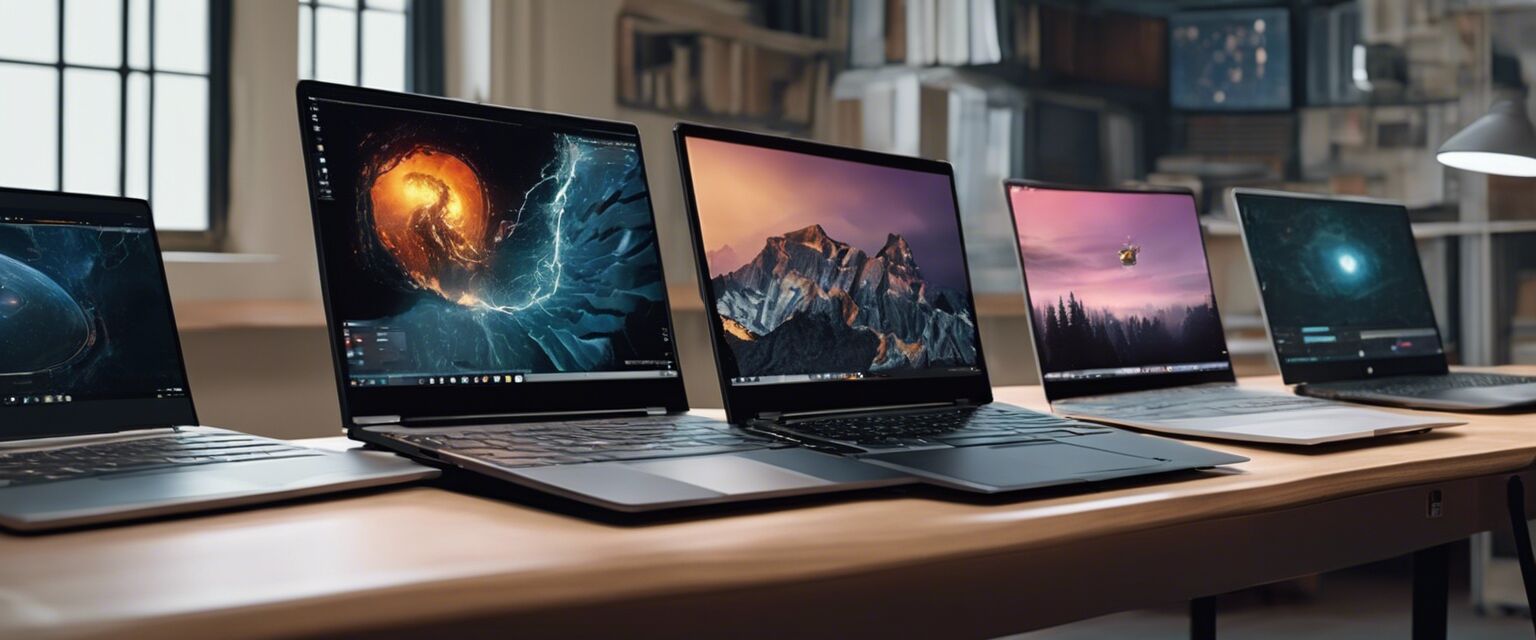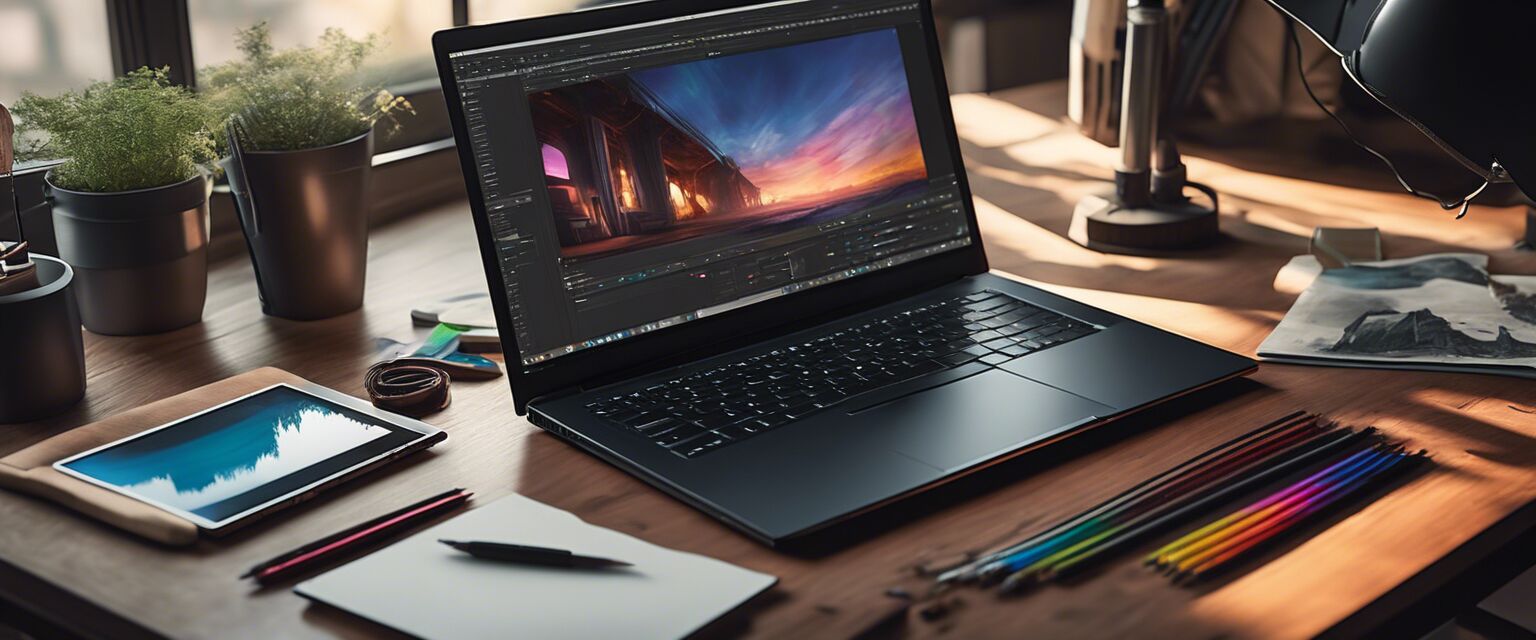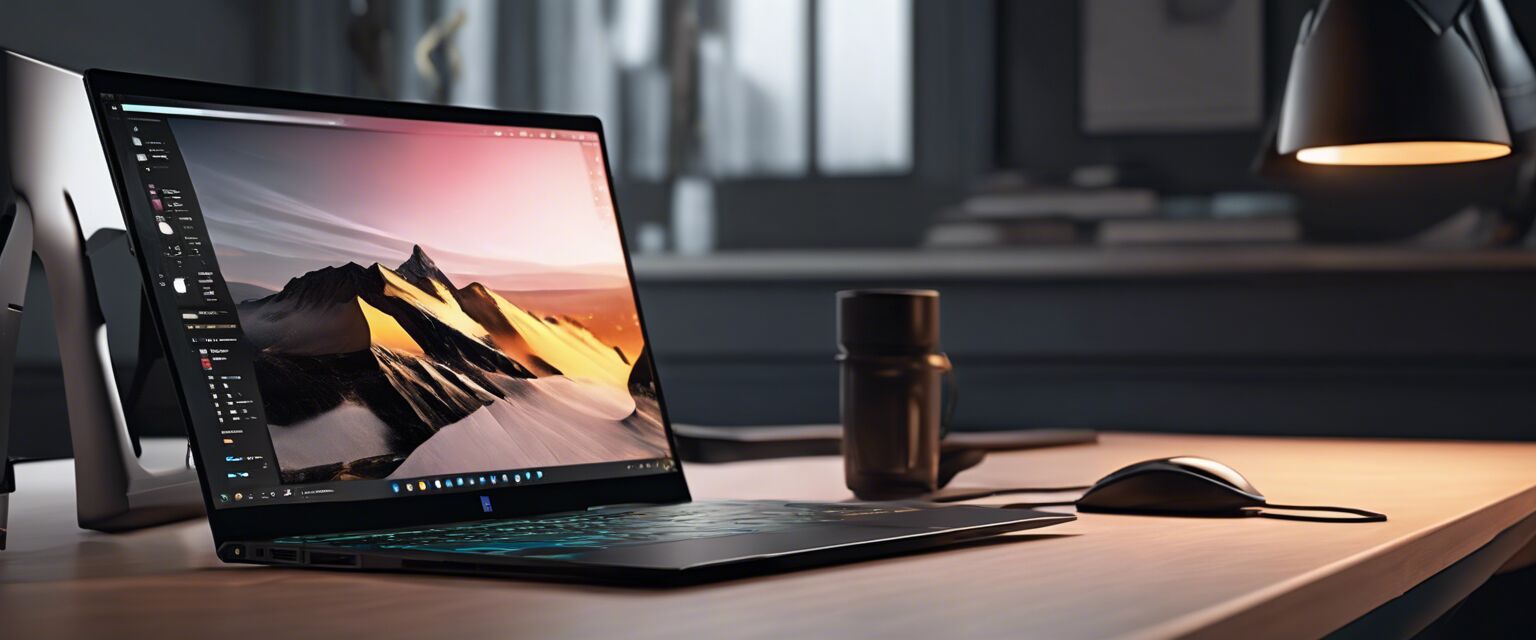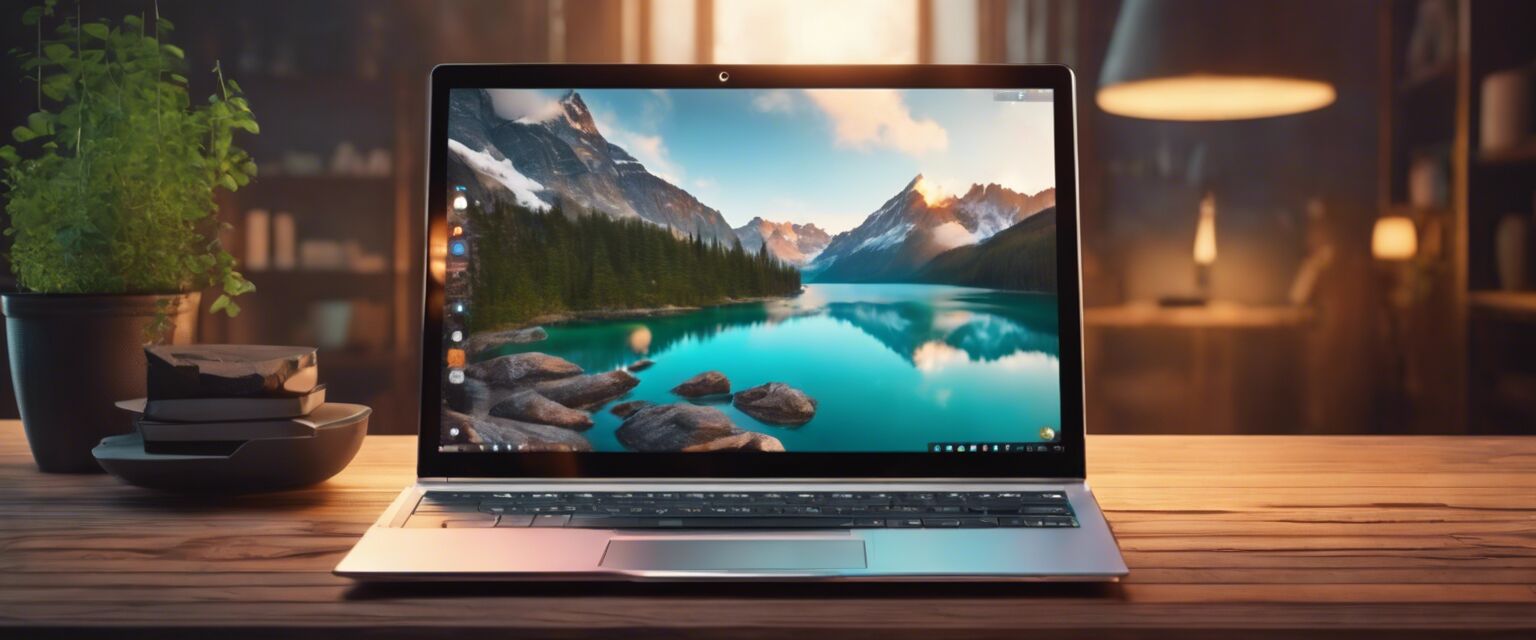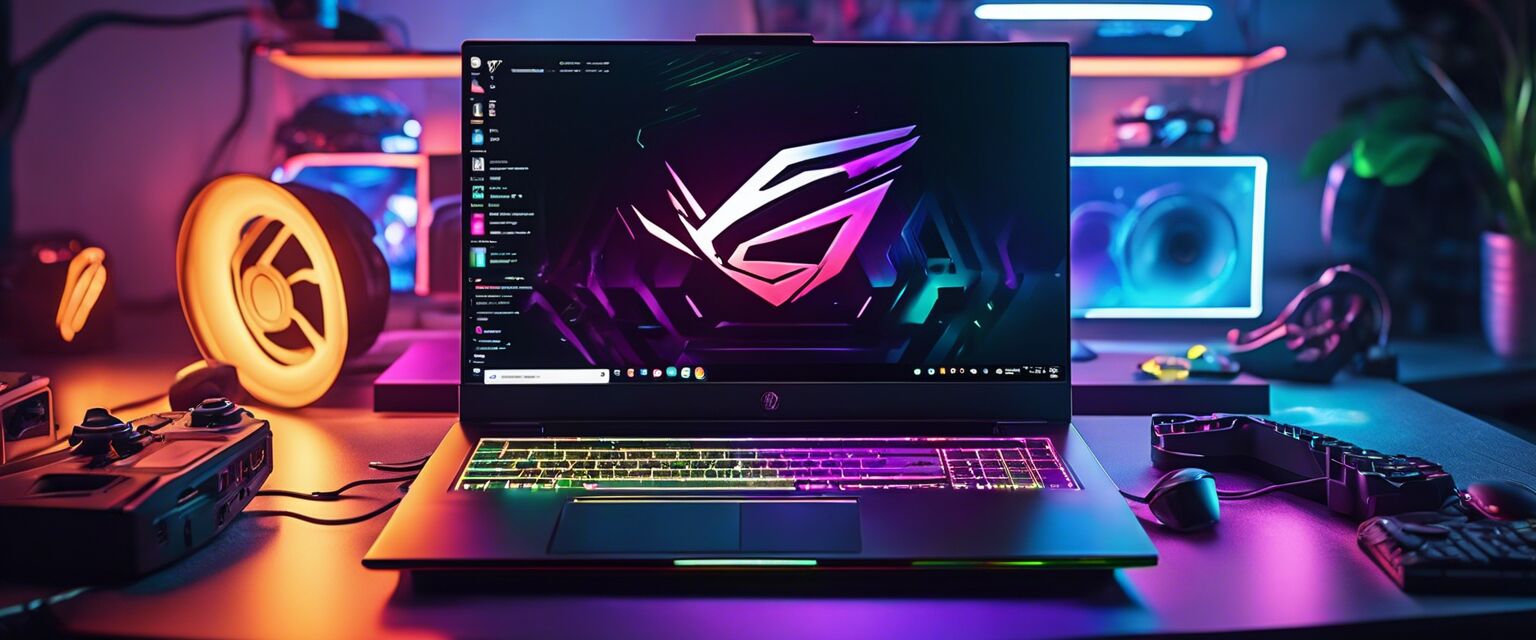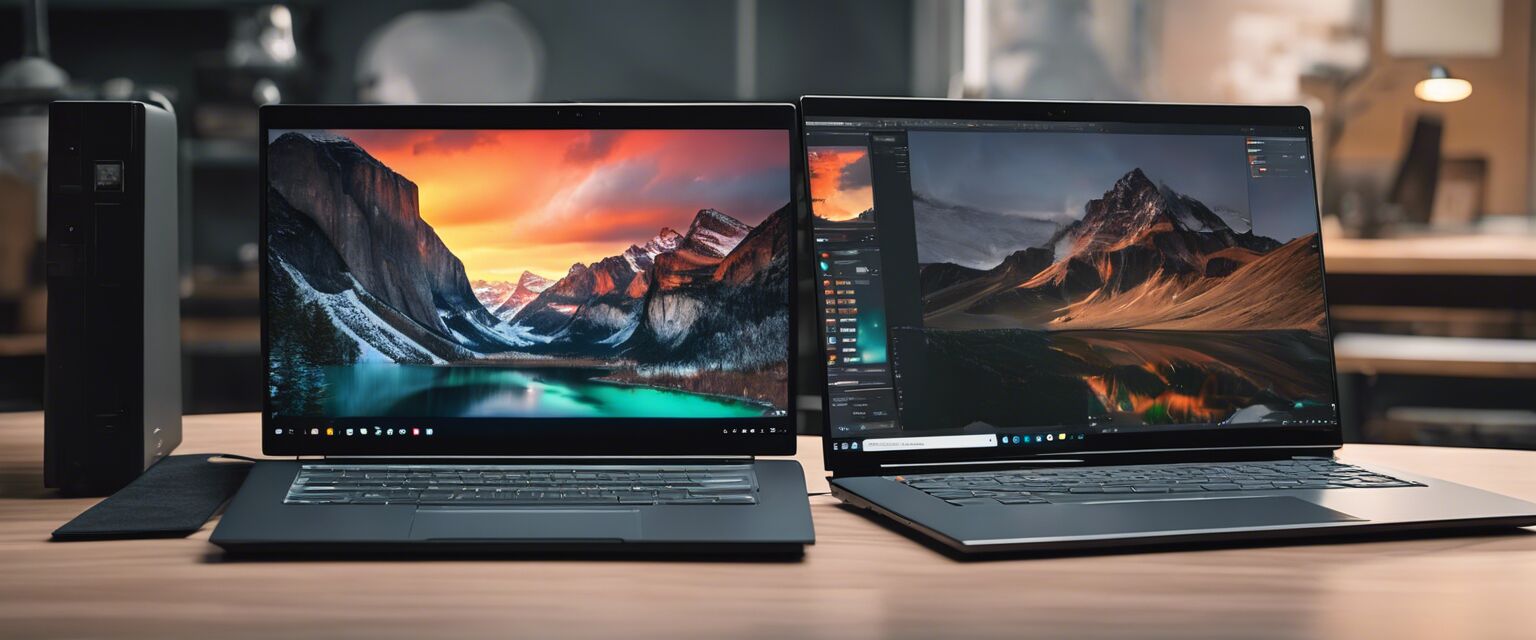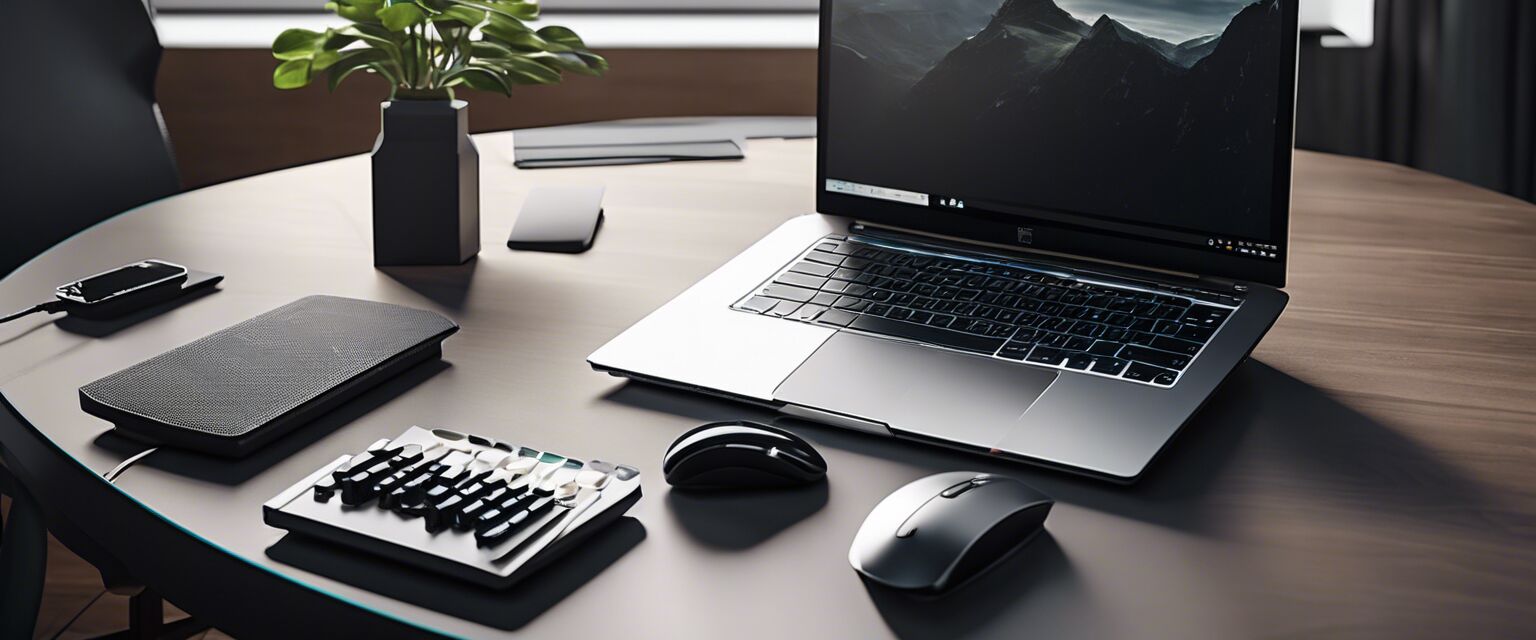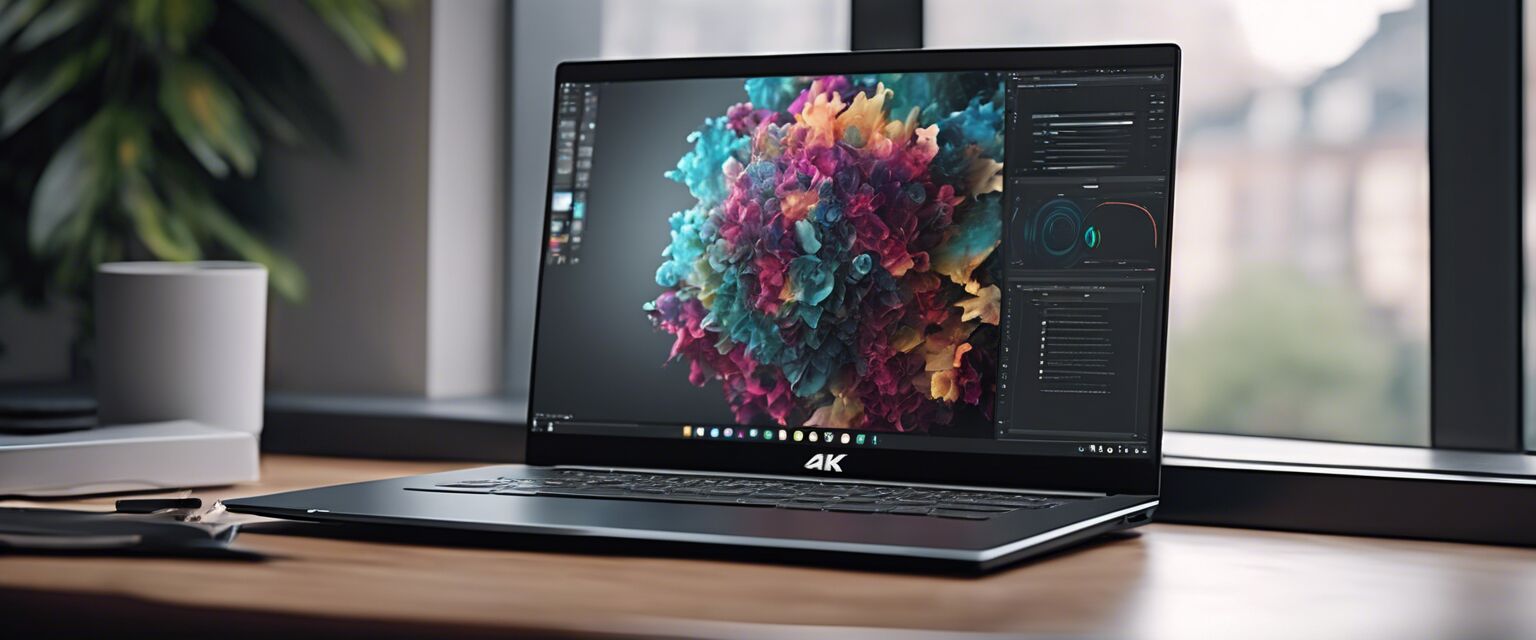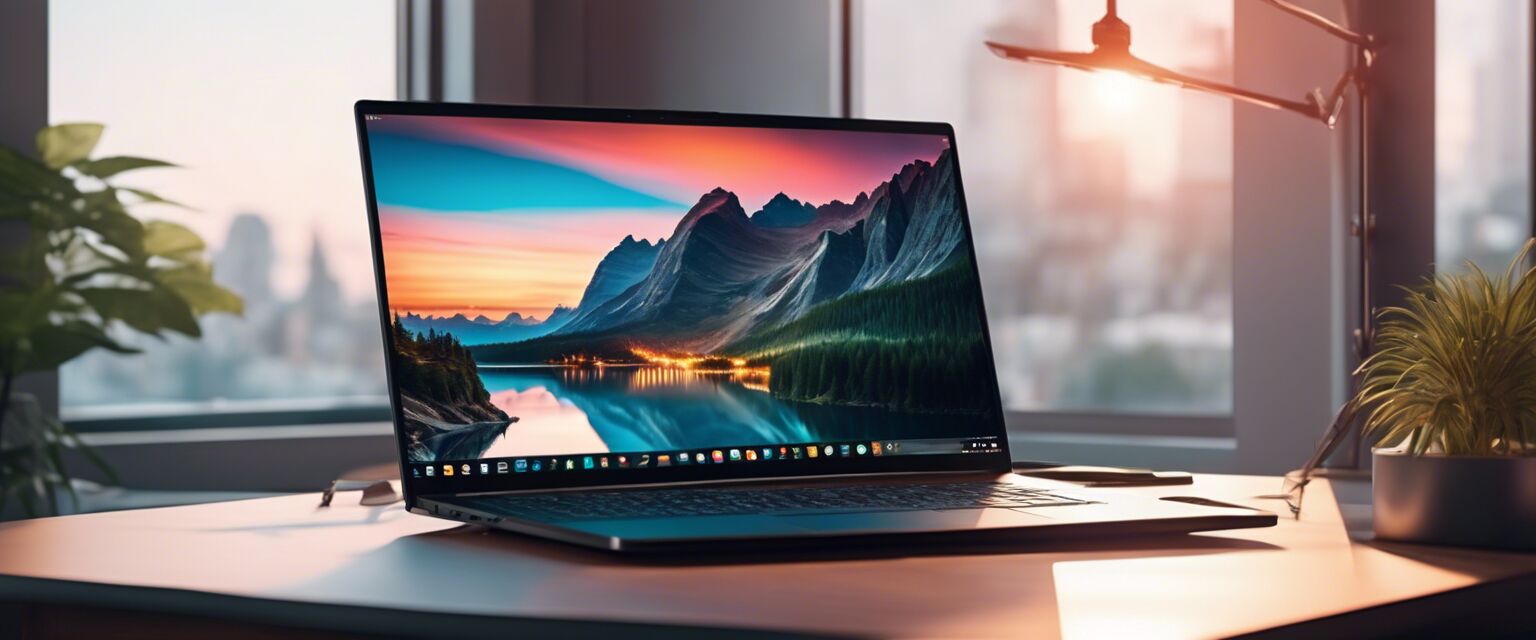
Laptop Buying Guide
Key Takeaways
Purchasing a laptop can be a daunting task with so many options available. Consider your needs, budget, and the specifications that matter most to you. This guide will walk you through crucial aspects such as:
- Identifying your primary use for the laptop.
- Understanding key specifications like processor, RAM, and storage.
- Choosing between different laptop categories.
- Setting a budget that reflects your needs.
- Exploring warranties and support options.
Buying a laptop involves careful consideration of various factors to find a model that suits your needs and budget. In this guide, we cover everything you need to know before making your purchase.
1. Determine Your Primary Use
Your laptop's primary purpose will significantly influence your choice. Here are some common scenarios:
- Business Use: Look for laptops with strong performance and long battery life.
- Gaming: Focus on powerful graphics cards and high refresh rates.
- General Use: A balance of performance and price is key.
- Students: Portability and battery life should be prioritized.
2. Understand Key Specifications
Understanding essential specifications is crucial for selecting the right laptop. Below is a breakdown of key components:
| Specification | Description |
|---|---|
| Processor | The brain of the laptop, influencing speed and performance. Look for Intel or AMD options. |
| RAM | Memory for multitasking; 8GB is a good baseline. |
| Storage Type | SSD (solid-state drive) is faster than HDD (hard disk drive). Opt for SSD for better performance. |
| Battery Life | Look for at least 6-8 hours for portability. |
| Screen Size | Choose based on usability; 13-15 inches are common for most users. |
3. Laptop Categories
Different categories of laptops serve different needs. Consider the following options:
- 2-in-1 Laptops: Versatile models that function as both a laptop and tablet.
- Budget Laptops: Affordable options that meet basic needs.
- Business Laptops: Designed for professional use with excellent performance.
- Gaming Laptops: High-performance machines for gaming enthusiasts.
- Student Laptops: Lightweight and durable, ideal for students.
- Ultrabooks: Sleek, lightweight design with powerful performance.
4. Setting Your Budget
Establishing a budget helps narrow down your choices. Consider the following price ranges based on categories:
| Category | Price Range |
|---|---|
| Budget Laptops | $300 - $600 |
| Mid-Range Laptops | $600 - $1,000 |
| High-End Laptops | $1,000 and above |
5. Warranty and Support
Consider the warranty and support options available when making a decision. Different manufacturers provide varying levels of support:
- Standard warranty: Usually 1 year for parts and labor.
- Extended warranty: Available for purchase for extra protection.
- Customer support: Research the manufacturer’s reputation for customer service.
6. Final Thoughts
By carefully evaluating your requirements and understanding key specifications, you can confidently select a laptop that fits your lifestyle. Don’t rush your decision; take your time to research different models based on the above criteria.
7. Frequently Asked Questions
Here are some common questions people ask when buying a laptop:
- What is the best brand of laptop? Brand preference often varies by user; however, brands like Dell, HP, Apple, and Lenovo are well-respected.
- How important is battery life? Battery life is crucial, especially for students and professionals on the go.
- Do I need a dedicated graphics card for regular use? Not necessarily; integrated graphics work well for everyday tasks.
- Should I buy a laptop with a touch screen? This depends on personal preference and how you intend to use the device.
- When is the best time to buy a laptop? Major sales events like Black Friday and back-to-school season often yield the best deals.
Pros
- Wide variety of options to choose from.
- Increasing performance capabilities in portable devices.
- Affordable models available for various budgets.
- Advancements in battery technology for longer use.
Cons
- Too many choices can be overwhelming.
- Quality varies greatly across brands and models.
- Some laptops may lack upgrade options, limiting longevity.
- Performance may drop over time due to software bloat.
Tips for Beginners
If you're new to buying laptops, consider the following tips:
- Make a list of your essential features before shopping.
- Read reviews from multiple sources to get a comprehensive view.
- Don’t hesitate to ask for help in stores; sales associates are there to assist.
- Check return policies and ensure you can return the laptop if it doesn't meet your expectations.
